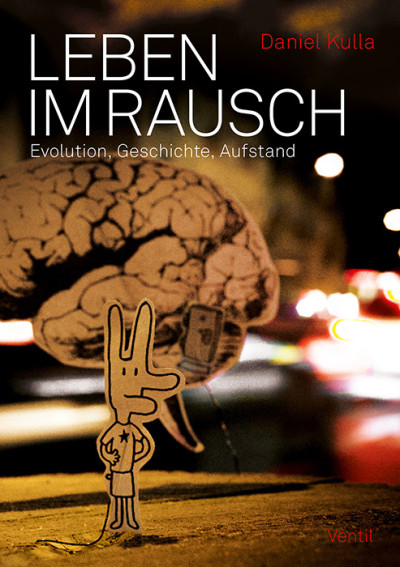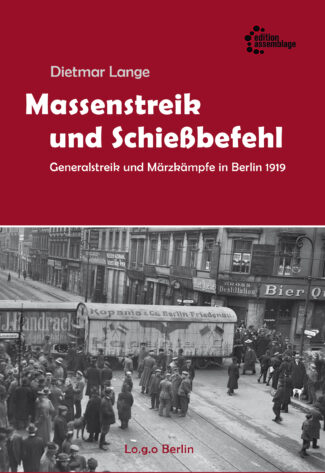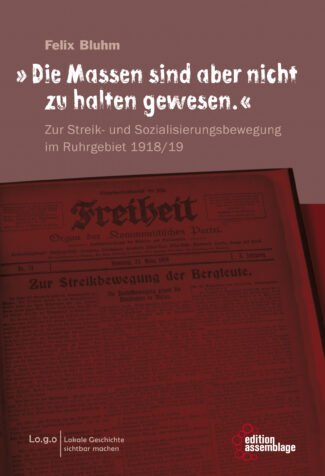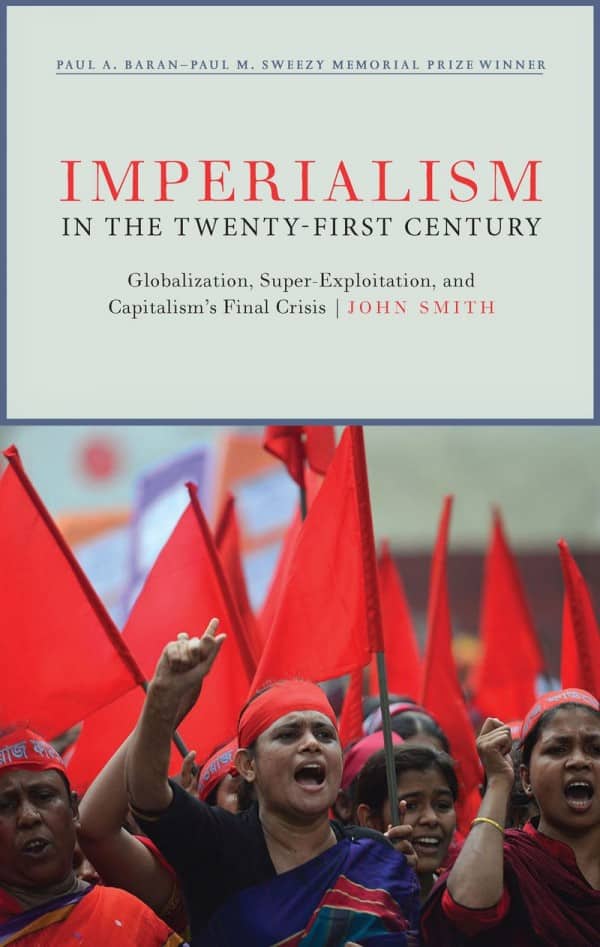Zwei Fragen ans Blogpublikum
November 26th, 2007Wer von euch liest brand eins und warum?
Weiß jemand, warum Konstantinopel, Rom und Wien von den Osmanen als – Chronologiekritiker und Diskordier bitte mal kurz festhalten – “Der Goldene Apfel” bezeichnet wurden?

















November 26th, 2007 at 19:15
icke lese brand eins, weil ich ein businesskasper sein will / vorgebe zu sein / bin und weil brand eins das einzige lesbare wirtschaftsmagazin ist: (meist) relevante themen oder spannende stories, (meist) ohne managerherrlichkeit, schwanzlängenrankings und ähnlichem blah. ist aber auch ausgabenabhängig. warum?
November 26th, 2007 at 19:16
1. Frage: Früher mal. Weil interessante Geschichten über Menschen drin standen. Nur glauben durfte man nicht alles.
2. Frage: Steht m.E. beim Link: Der “Goldene Apfel” stellvertretend für etwas besonders Erstrebenswertes.
Was gibt’s zu gewinnen?
November 26th, 2007 at 19:18
Ich lese brand eins nicht, da ich den Economist für das einzige respektable Wirtschaftsmagazin halte.
Der Goldene Apfel — hat er was mit dem Unsterblichkeitsversprechen des goldenen Apfels aus der griechischen Mythologie zu tun?
Gegenfrage: Wieso?
November 26th, 2007 at 19:20
@helge
Bin heute von einem ihrer Autoren interviewt worden und dabei tauchte die Frage auf.
@Rayson
Für die Antwort rücke ich keine Belohnung raus – das wäre ja wohl kaum ein Äquivalententausch, oder? Die Frage war schon spezifisch danach gestellt, warum es ausgerechnet dieses Symbol ist und kein anderes.
@statler
Die Vermutung liegt nahe – wie sieht’s mit Belegen oder wenigstens Hinweisen aus?
November 26th, 2007 at 19:30
Ich hatte mir mal vorgenommen, mehr brand eins zu lesen, weil es einen interessanten Eindruck macht. Dann hab ich aber nicht mehr dran gedacht und auch keine Zeit gehabt. 🙂
November 26th, 2007 at 19:47
meine mitbewohnerin liest brand eins weil “man ja auch wissen muss worüber die bwler reden”
November 26th, 2007 at 20:05
Kam mir immer vor als eine Art Wirtschaftszeitungsikea.
November 26th, 2007 at 20:09
Das unfehlbare Wikipedia sagt:
“bei den Osmanen hatte der goldene Apfel große mythische Bedeutung und galt als Objekt allen Strebens und Glücks,”
Reicht das nicht? Übrigens tauscht niemand Äquivalente – das wäre ja sinnlos.
November 26th, 2007 at 20:17
And here we come back to both the Byzantine monuments that the Ottomans found still standing at the time of the conquest, but also to the body of Greek folklore which survived among the Ottoman Greek population of Istanbul, and which had as its unifying theme the reversal of political fortunes which would once more bring Constantinople into the hands of the Greeks. This has to do with the lore, in Turkish, of the kizil elma, the red or the golden apple. In Turkish lore it became associated with supreme political power and sovereignty, and the kizil elma (this symbol of power) changed its location, moving from one city to another. This Turkish legend of the kizil elma, seems, so far as I have been able to ascertain, to go back to an old and rich Byzantine legend that was associated with the famous equestrian statue of Justinian the Great in the Augusteum just near the entrance to the great palace. This statue is described by Procopius as presenting Justinian seated on the horse, with the globus crucifix in his left hand and his right hand directed toward Asia. Procopius gives us the earliest, in a long series, interpretation of this monument. The globe signifies his world dominion, and his outstretched hand is intended to halt the nations of the east (Persia at that time) from advancing. The globus, which symbolized world dominion, eventually fell from the hands of Justinian’s statue in the fourteenth century and its fall was interpreted as signifying that political dominion would pass from the hands of the Greeks to the hands of the Turks. The globus came to be called the golden apple and eventually it passed into the hands of the Turks. Thus for the Turks the golden apple, kizil elma, was the symbol of political sovereignty. In modern Greek folklore the golden apple tree, kokine melia, came to be associated with the origins of the Turks, and with the tradition of chasing the Turks back to their place or origin
http://www.myriobiblos.gr/texts/english/vryonis_legacy_2.html
November 26th, 2007 at 20:29
zu 2.: keine ahnung.
zu 1.: ich, meist online. weil die (meistens) extrem genial darin sind, wie sie ein thema aufziehen (zum beispiel ein schwerpunktthema “fehler”) von historischen, philosophischen betrachtungen, manchmal sogar ein gedicht, über politische und ökonomische analysen, einzelfall-reportagen bis zur schnöden betriebswirtschaftlichen “beratung”. da kann man was lernen als blattmacher… 😀 außerdem sinds nette leute…
November 26th, 2007 at 20:43
Als langjähriger ZeitschriftenJunkie brauche ich immer Stoff – und den finde ich in wenigen deutschsprachigen Zeitschriften. Optimale KloLektüre, da man sich die Sitzungsdauer an den unterschiedlichen Längen der meist doch anregenden Beiträge orientieren kann.
Ich find Goldene Mangos reizvoller als Äppel.
November 27th, 2007 at 15:18
@Rayson: Ja, genau, das ist es.
November 27th, 2007 at 18:04
Daß auf dem Schreibtisch von Mohammed ElBaradei im Vienna International Centre ein Goldener Apfel liegt ist wahrscheinlicher als ein Exemplar des Kapitalistenmagazins an derselben Stelle.
January 17th, 2008 at 19:47
Ich lese auch “brand eins”, finde sie generell “sehr gut” bis “nicht schlecht” — und habe zu einem aktuellen Artikel, der mir nicht gefiel, ein Interview mit Wolf Lotter geführt.
February 14th, 2008 at 19:33
die osmanen nannten rom als goldenen apfel
das ziel war eroberung roms
sultan mehmed der eroberer war sehr nah rom zu erobern aber er wurde von einem jüdischen arzt vergiftet